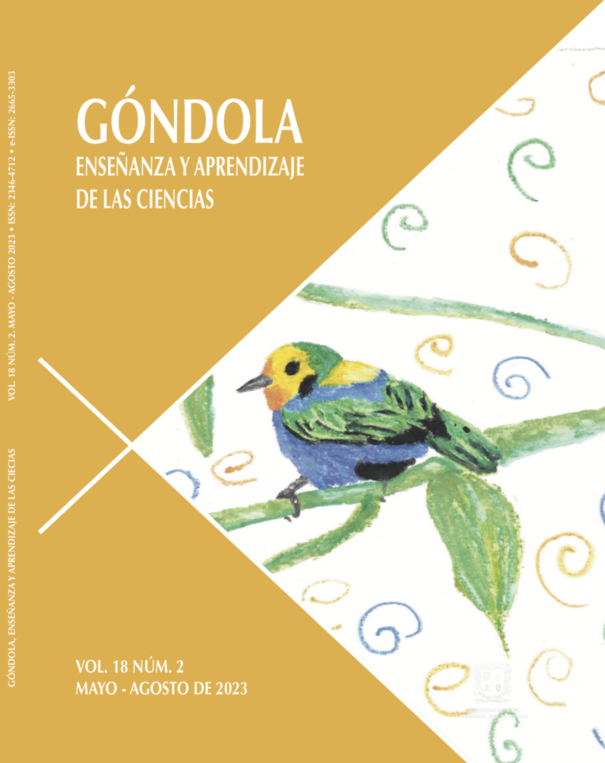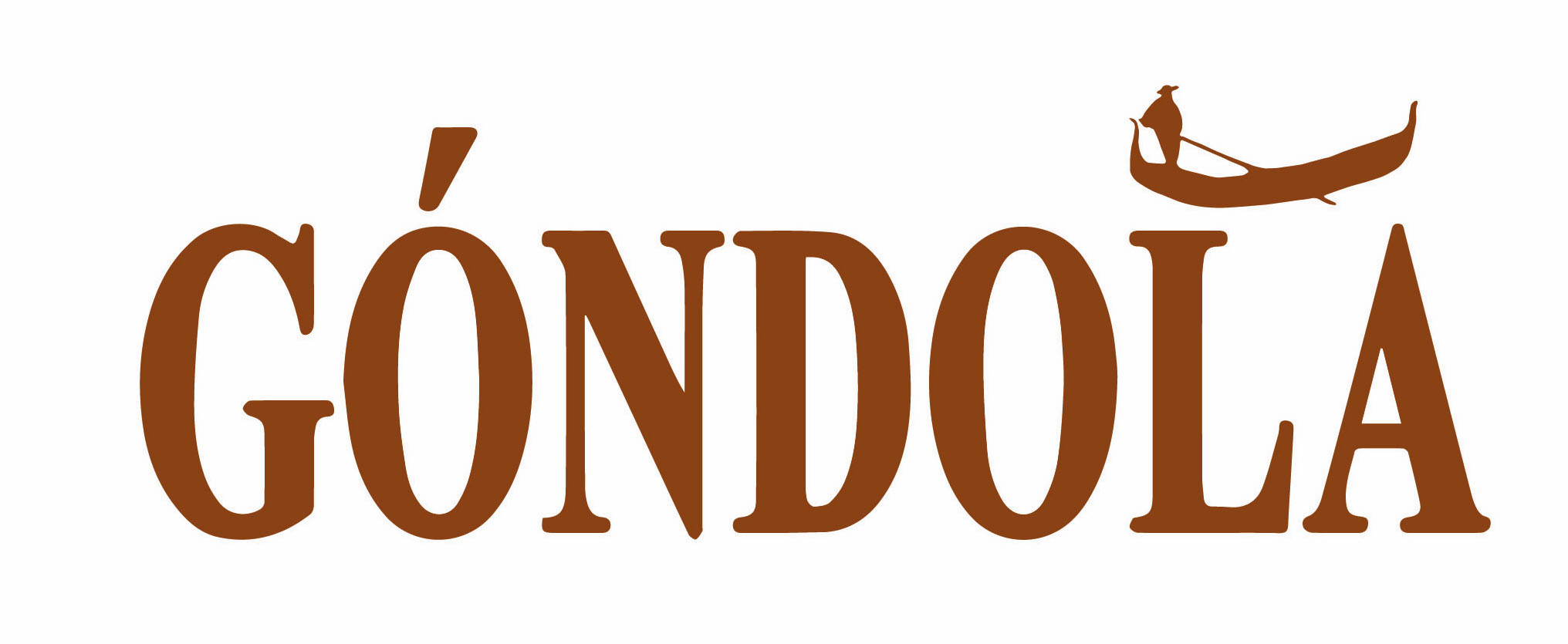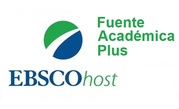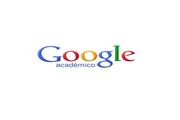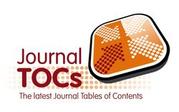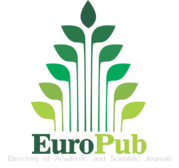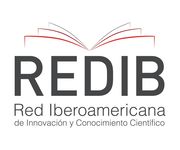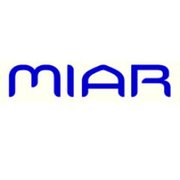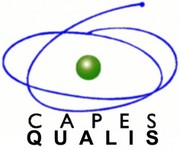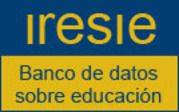DOI:
https://doi.org/10.14483/23464712.17993Published:
2023-08-03Students' Perceptions About a Metacognitive Activity Involving the Concept of the Amount of Substance
Percepciones de los Estudiantes sobre una Actividad Metacognitiva que Involucra el Concepto de Cantidad de Sustancia
Percepções dos Alunos sobre uma Atividade Metacognitiva Envolvendo o Conceito de Quantidade de Substância
Keywords:
ensino médio, didática, Estratégia de aprendizagem, Experimentação (pt).Keywords:
enseñanza secundaria, didáctica, estrategia de aprendizaje, Experimentación (es).Keywords:
High school, didactics, learning strategy, experimentation (en).Downloads
Abstract (en)
The amount of substance, that has the mole as a unit, is a concept that has been causing learning problems for both students and for teachers. This article aims to present students' impressions of a metacognitive activity involving the concept of amount of substance. The data were collected during a case study carried out with 10 students from a popular preparatory course for the entrance exam, which at the end of the participation in the activity provided their impressions through text and verbally during a group discussion. The data were analyzed in the light of the content analysis and the results suggest that the metacognitive strategy used favors the performance of activities because the use of the table stimulates conscious self-regulation while the investigative molds proposed during the activity increase students' motivation.
Abstract (es)
La cantidad de sustancia, que tiene el mole como unidad, es un concepto que ha causado problemas de aprendizaje, tanto a alumnos como a profesores. Este artículo presenta las impresiones del estudiantado sobre una actividad metacognitiva que involucra el concepto de cantidad de sustancia. Los datos fueron recolectados durante un estudio de caso con diez estudiantes de un curso preparatorio popular para el examen de ingreso que, al finalizar la participación en la actividad, brindaron sus impresiones a través del texto y verbalmente durante una discusión grupal. Los datos fueron sometidos al análisis de contenido, y los resultados sugieren que la estrategia metacognitiva favorece el desempeño de las actividades porque el uso de la tabla estimula la autorregulación consciente, mientras que los moldes investigativos propuestos aumentan la motivación en el alumnado.
Abstract (pt)
A quantidade de substância, que tem como unidade o mol, é um conceito que vem causando problemas de aprendizagem, tanto para alunos compreenderem quanto para professores. Sendo assim, este artigo tem como objetivo, apresentar as impressões dos estudantes acerca de uma atividade metacognitiva envolvendo o conceito de quantidade de substância. Os dados foram coletados durante um estudo de caso realizado com 10 alunos de um curso popular preparatório para o vestibular, que ao final da participação da atividade forneceram suas impressões por meio de texto e verbalmente durante uma discussão de grupo. Os dados foram analisados sob a luz da análise do conteúdo e os resultados sugerem que a estratégia metacognitiva utilizada favorece a realização de atividades, pois o uso da tabela estimula a autorregulação consciente, enquanto os moldes investigativos propostos durante a atividade aumentam a motivação dos estudantes.
References
BANNERT, M.; MENGELKAMP, C. Assessment of metacognitive skills by means of instruction to think aloud and reflect when prompted. Does the verbalization method affect learning? Metacognition and Learning, New York, v. 3, pp. 39-58. 2008. https://doi.org/10.1007/s11409-007-9009-6
BARDIN, L. Análise de conteúdo. Edições 70. São Paulo: Brasil. 2011.
BROWN, A. L. Metacognition, executive control, self-regulation, and other more mysterious mechanisms. In: Weinert, F. E.; Kluwe, R. (Orgs.). Metacognition, motivation, and understanding. Erlbaum. Hillsdale, N. J.: USA. 1987. pp. 1-16.
BROWN, N. The development of a questionnaire assessing metacognitive patterns of students majoring in accounting in higher education. Accounting education: an international journal, Bingley, v. 15, n. 3, pp. 301-323. 2006. https://doi.org/10.1080/09639280600850810
CARDELLE-ELAWAR, M. Effects of metacognitive instruction on low achievers in mathematics problems. Teaching and Teacher Education, Stanford, v. 11, pp. 81-95. 1995. https://doi.org/10.1016/0742-051X(94)00019-3
CASE, J. M.; FRASER, D. M. An Investigation into Chemical Engineering Students' Understanding of the Mole and the Use of Concrete Activities to Promote Conceptual Change. International Journal of Science Education, London, v. 21, n. 12, pp. 1237-1249. 1999. https://doi.org/10.1080/095006999290048
COOK, E.; KENNEDY, E.; MCGUIRE, S. Y. Effect of teaching metacognitive learning strategies on performance in general chemistry courses. Journal Chemical Education Research, New York, v. 90, n. 8, pp. 961-967. 2013. https://doi.org/10.1021/ed300686h
DAHSAH, C.; COLL, R. Thai grade 10 and 11 students' understanding of stoichiometry and related concepts. International Journal of Science and Mathematics Education, Taipéi, v. 6, pp. 573-600. 2008. https://doi.org/10.1007/s10763-007-9072-0
DIERKS, W. Teaching the mole. European Journal of Science Education, Abingdon, v. 3, pp. 145-157. 1981. https://doi.org/10.1080/0140528810030205
DUNLOSKY, J.; METCALFE, J. Metacognition. Thousand Oaks, CA: USA. 2009.
ERICSSON, K. A.; SIMON, H. A. Protocol analysis: Verbal reports as data. MIT. Cambridge: USA. 1993. https://doi.org/10.7551/mitpress/5657.001.0001
FERREIRA, L. H.; HARTWIG, D. R.; OLIVEIRA, R. C. Ensino Experimental de Química: Uma Abordagem Investigativa Contextualizada. Química Nova na Escola, São Paulo, v. 32, n. 2, pp. 101-106. 2010.
FLAVELL, J. H. Metacognitive aspects of problem solving. In: Resnick, L. B. (Orgs.). The nature of intelligence. Erlbaum, Hillsdale, N.Y.: USA, 1976. pp. 231-235.
FURIÓ, C.; AZCONA, R.; GUISASOLA, J. The learning and teaching of the concepts ʽamount of substanceʼ and ʽmoleʼ: A review of the literature. Chemistry Education: Research and Practice in Europe, London, v. 3, n. 3, pp. 277-292. 2002. https://doi.org/10.1039/B2RP90023H
FURIÓ, C.; AZCONA, R.; GUISASOLA, J.; RATCLIFFE, M. Difficulties in teaching the concepts of 'amount of substance' and 'mole'. International Journal of Science Education, Abingdon, v. 22, n. 12, pp. 1285-1304. 2000. https://doi.org/10.1080/095006900750036262
GILBERT, J. K.; TREAGUST, D. F. Introduction: Macro, submicro and symbolic representations and the relationship between them: Key models in chemical education. In: Gilbert, J. K.; Treagust, D. F. (Eds). Multiple representations in chemical education. Springer. New York: USA. 2009. pp. 1-8. https://doi.org/10.1007/978-1-4020-8872-8_1
JORDANO, M. L.; TOURON, D. R. How often are thoughts metacognitive? Findings from research on self-regulated learning, think-aloud protocols, and mind-wandering. Psychonomic Bulletin and Review, New York, v. 25, pp. 1-18. 2018. https://doi.org/10.3758/s13423-018-1490-1
KING, A. Effects of training in strategic questioning on children's problem-solving performance. Journal of Educational Psychology, Washington, v. 83, pp. 307-317. 1991. https://doi.org/10.1037/0022-0663.83.3.307
LOCATELLI, S. W. A metacognição e o ensino de ciências: um breve panorama. In: WENDER, F.; ASSIS, M. P. (Org.). Ciências da natureza e formação de professores: entre desafios e perspectivas. Paco. Anhangabaú, Jundiaí: Brasil. 2017. pp. 17-27.
LOCATELLI, S. W.; DAVIDOWITZ, B. Using metavisualization to revise an explanatory model regarding a chemical reaction between ions. Chemistry Education Research and Practice, London, v. 22, n. 2, pp. 382-395. 2021. https://doi.org/10.1039/D0RP00339E
NELSON, T. O. Metamemory: A theoretical framework and new findings. Psychology of Learning and Motivation, v. 26, pp. 125-173. 1990. https://doi.org/10.1016/S0079-7421(08)60053-5
NOVICK, S.; MENIS, J. A study of student perceptions of the mole concept. Journal of Chemical Education, New York, v. 53, n. 11, pp. 720-722. 1976. https://doi.org/10.1021/ed053p720
OLIVEIRA, D. M.; CATÃO, V. Teoria das metas de realização em sala de aula e as possíveis influências nos padrões motivacionais para a aprendizagem da química em duas turmas do ensino médio. Góndola, Enseñanza y Aprendizaje de las Ciencias, Bogotá, v. 12, n. 2, pp. 50-68. 2017. https://doi.org/10.14483/udistrital.jour.gdla.2017.v12n2.a3
OMWIRHIREN, M. Analysis of error in learning of mole concept among selected senior secondary school chemistry students in Zaria, Nigeria. Journal of Research & Method in Education, Abingdon, v. 5, n. 1, pp. 1-7. 2015.
PATE, M.; MILLER, G. Effects of regulatory self-questioning on secondary-level students' problem-solving performance. Journal of Agricultural Education, v. 52, n. 1, pp. 72-84. 2011. https://doi.org/10.5032/jae.2011.01072
PINTRICH, P. R. The role of metacognitive knowledge in learning, teaching, and assessing. Theory Into Practice, London, v. 41, n. 4, pp. 219-225. 2002. https://doi.org/10.1207/s15430421tip4104_3
PORTILHO, E. M. L.; DREHER, S. A. S. Categorias metacognitivas como subsídio à prática pedagógica. Educação e Pesquisa, Sao Paulo, v. 38, n. 1, pp. 181-196. 2012. https://doi.org/10.1590/S1517-97022011005000009
SANTOS, C.; SILVA, M. Conhecendo as dificuldades de aprendizagem no ensino superior para o conceito de estequiometria. Acta Scientiae, Canoas, v. 16, n. 1, pp. 133-152. 2014.
SCHRAW, G. Promoting general metacognitive awareness. Instructional Science, New York, v. 26, pp. 113-125. 1998. https://doi.org/10.1023/A:1003044231033
SCHRAW, G.; CRIPPEN, K. J.; HARTLEY, K. Promoting self-regulation in science education: Metacognition as part of a broader perspective on learning. Research in Science Education, New York, v. 36, pp. 111-139. 2006. https://doi.org/10.1007/s11165-005-3917-8
TANNER, K. D. Promoting student metacognition. Life Sciences Education, Rockville, v. 11, n. 2, pp. 113-120. 2012. https://doi.org/10.1187/cbe.12-03-0033
ZULIANI, S. R. Q. A.; ÂNGELO, A. C. D. A utilização de estratégias metacognitivas por alunos de química experimental: uma avaliação da discussão de projetos e relatórios. In: ENCONTRO NACIONAL DE PESQUISA EM EDUCAÇÃO EM CIÊNCIAS, vol. 2. 1999
GILBERT, J.K.; TREAGUST, D.F. Introduction: macro, submicro and symbolic representations and the relationship between them: key models in chemical education. In: Gilbert, J.K.; Treagust, D.F.(Eds). Multiple Representations in Chemical Education, v.4, pp.1-8. 2009.
JORDANO, M. L.; TOURON, D. R. How often are thoughts metacognitive? Findings from research on self-regulated learning, think-aloud protocols, and mind-wandering. Psychonomic bulletin and review, pp.1-18. 2018.
KING, A. Effects of training in strategic questioning on children’s problem–solving performance. Journal of Educational Psychology, v.83, pp.307–317. 1991.
LOCATELLI, S. W. Tópicos de metacognição: para aprender e ensinar melhor. Editora Appris, Curitiba, 75p. 2014.
NELSON, T. O.; NARENS, L. Metamemory: a theoretical framework and new findings. The psychology of learning and motivation, v.5, pp. 125-173. 1990.
NOVICK, S.; MENIS, J. A Study of Student Perceptions of the Mole Concept. Journal of Chemical Education, v.53, n.11, pp.720-722. 1976.
OMWIRHIREN, M. Analysis of Error in Learning of Mole Concept among Selected Senior Secondary School Chemistry Students in Zaria, Nigeria. Journal of Research & Method in Education, v.5, n.1, pp.1-7. 2015.
PATE, M.; MILLER, G. Effects of regulatory self-questioning on secondary-level students’ problem-solving performance. Journal of Agricultural Education, v.52, n.1, pp. 72-84. 2011.
PINTRICH, P. R. The role of metacognitive knowledge in learning, teaching, and assessing. Theory into Practice, v.41, n.4, pp.219-225. 2002.
PORTILHO, E. M. L.; DREHER, S. A. S. Categorias metacognitivas como subsídio à prática pedagógica [Metacognitive categories as a subsidy to pedagogical practice]. Educ. Pesqui., São Paulo , v.38, n.1, pp.181-196. 2012.
SANTOS, C.; SILVA, M. Conhecendo as dificuldades de aprendizagem no ensino superior para o conceito de estequiometria [Knowing the learning difficulties in higher education for the concept of stoichiometry]. Acta Scientiae, v.16, n.1, pp.133-152. 2014.
SCHRAW, G. Promoting general metacognitive awareness. Instructional Science, v.26, pp.113–125. 1998.
SCHRAW, G.; CRIPPEN, K. J.; HARTLEY, K. Promoting self-regulation in science education: Metacognition as part of a broader perspective on learning. Research in Science Education, v.36, pp.111–139. 2006.
TANNER, K. D. Promoting Student Metacognition. CBE - Life Sciences Education, v.11, pp.113-120. 2012
ZULIANI, S. R. Q. A.; ÂNGELO, A. C. D. A utilização de estratégias metacognitivas por alunos de química experimental: uma avaliação da discussão de projetos e relatórios [The use of metacognitive strategies by students of experimental chemistry: an evaluation of the discussion of projects and reports]. Encontro Nacional de Pesquisa em Educação em Ciências, v. 2.1999.
How to Cite
APA
ACM
ACS
ABNT
Chicago
Harvard
IEEE
MLA
Turabian
Vancouver
Download Citation
License
Copyright (c) 2023 Autor y Góndola. Enseñanza y Aprendizaje de las Ciencias

This work is licensed under a Creative Commons Attribution-NonCommercial-NoDerivatives 4.0 International License.
Gondola, Ens Aprend Cienc. is an open-access publication, free of charge for authors and readers. The publication, consultation or download of the contents of the magazine does not generate any cost for the authors or the readers, since the Francisco José de Caldas District University assumes the expenses related to edition, management and publication. The peer evaluators do not receive any economic retribution for their valuable contribution. The work of all the actors mentioned above is understood as a contribution to the strengthening and growth of the research community in the field of Science Education.
As of December 1, 2018 the contents of the journal are published under the terms of the Creative Commons License Attribution-Noncommercial- ShareAlike 4.0 International (CC-BY-NC-SA 4.0), under which others may distribute, remix, retouch, and create from the work in a non-commercial way, give credit and license their new creations under the same conditions.
The copyright holders are the authors and the journal Gondola, Ens Aprend Cienc. The holders retain all rights without restrictions, respecting the terms of the license in terms of consultation, downloading and distribution of the material.
When the work or any of its elements is in the public domain according to the applicable law in force, this situation will not be affected by the license.
Likewise, we encourage authors to deposit their contributions in other institutional and thematic repositories, with the certainty that culture and knowledge is a good of all and for all.

